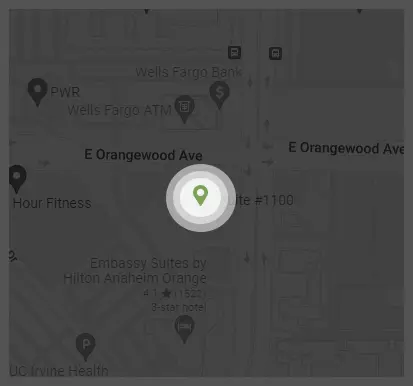When it comes to going separate ways from your ex, the divorce was supposed to be the hard part. After the divorce, doesn’t life get easier? After all, you have a parenting agreement now, so things should proceed as explained in the agreement.
Unfortunately, life often throws challenges at us just when we thought the going was getting easier. The purpose of a parenting agreement is to get both parents on the same page, working together to care for a child despite life taking them in different directions. But a parenting agreement is just an agreement, and nothing says that your ex is going to live up to their side of things.
When your ex violates your parenting agreement, it can significantly affect both you and your child. To better understand what can be done about it, we’re going to explore the topic in depth. We’ll see common ways of violating a parenting agreement, what can be done when your ex violates your parenting agreement, and even what steps to take should you have to break your parenting agreement in order to keep your child safe.
What Are Some Common Ways of Violating a Parenting Agreement?
While it may seem odd to start our conversation on the ways that your ex may violate your parenting agreement, it is quite a crucial point of discussion. A major violation, such as taking the child out of the country without express permission, is easy to identify. But there are actually quite a few ways to violate a parenting agreement. While many of these are less serious, there is no reason to discredit their importance.

After all, minor violations often lead to larger violations. Your ex may get used to you capitulating to their whims, and this may embolden them and their behavior. This is why it is important to identify the ways a parenting agreement can be violated and not allow your ex to violate your parenting agreement in these ways.
Some common ways of violating a parenting agreement include the following:
- Making a habit out of arriving late for pick-ups
- Not showing up for pick-ups at all
- Extending their time with the child without seeking permission
- Refusing to pay child support or paying for commitments required of them
- Letting the child spend time with people and parties that the court prohibited
- Badmouthing and attacking the other parent
- Introducing the child to immoral circumstances
- Exposing the child to dangerous situations
- Interfering with the child’s ability to community with the other parent
It may come as a surprise to learn that some of these are violations. For example, you may have thought that you had no way to fight against the horrible things your ex keeps telling your child about you. While not every example of badmouthing is a violation of a parenting order, the behavior of undermining and attacking you could be argued as a violation of the parenting agreement, especially if this can be shown to be a pattern of behavior.
What Can I Do If My Ex Violates Our Parenting Agreement?
A parenting agreement is a legally binding agreement. This means that violations of the agreement can be dealt with through a legal response. However, you will require evidence of the violation or violations in order to have anything done about them.
As such, the very first thing you should do when your ex violates your parenting agreement is to document the violation. Documentation is important. It creates a record of the violation, for one. A record is important, especially when violations happen repeatedly.

A pattern of behavior is quite important. Say your ex is late to pick up the child one time. This is a violation, but it doesn’t necessarily mean that your ex intended the violation. A court would likely be quite annoyed at having to see you for every minor violation, especially when they are shown to be accidental.
Major violations, and repeat violations, are much easier to take action against. An attorney can help you to decide whether or not your specific situation requires action, as well as inform you of the options available to you.
What Should I Do If I Feel I Have to Break Our Parenting Agreement to Keep My Child Safe?
In 99.9% of situations, it will be best to work within the bounds of the parenting agreement. But in some cases, it might not be in the child’s best interest for you to go along with the parenting agreement.
For example, say your ex shows up to pick up the child while intoxicated, and they plan to drive home afterward. While you are supposed to respect your ex’s parenting time with the child, it is immediately clear to you that the situation is not in your child’s best interest, and so you refuse to hand over the child.
While you are in violation of the parenting agreement, you aren’t actually in the wrong. This is an emergency situation where you had to violate the parenting agreement in order to protect the child from the immediate danger of physical harm.

In a situation where you are required to violate your parenting agreement, it is vital that you follow up on the violation by speaking to an attorney. If you violate the parenting agreement and don’t follow up on the violation through the necessary legal channels, otherwise you could be faced with child abduction charges.
When Should I Take Action Against My Ex?
If your ex has violated your parenting agreement, then it may be time to take action against them. However, this will depend on the circumstances of the violation, any actions your ex took to run the violation through the proper channels, and whether or not the violation was intentional or part of a pattern of behavior. It is recommended that you speak with an experienced attorney about the situation. They will be able to offer informed advice about what steps you should take.








